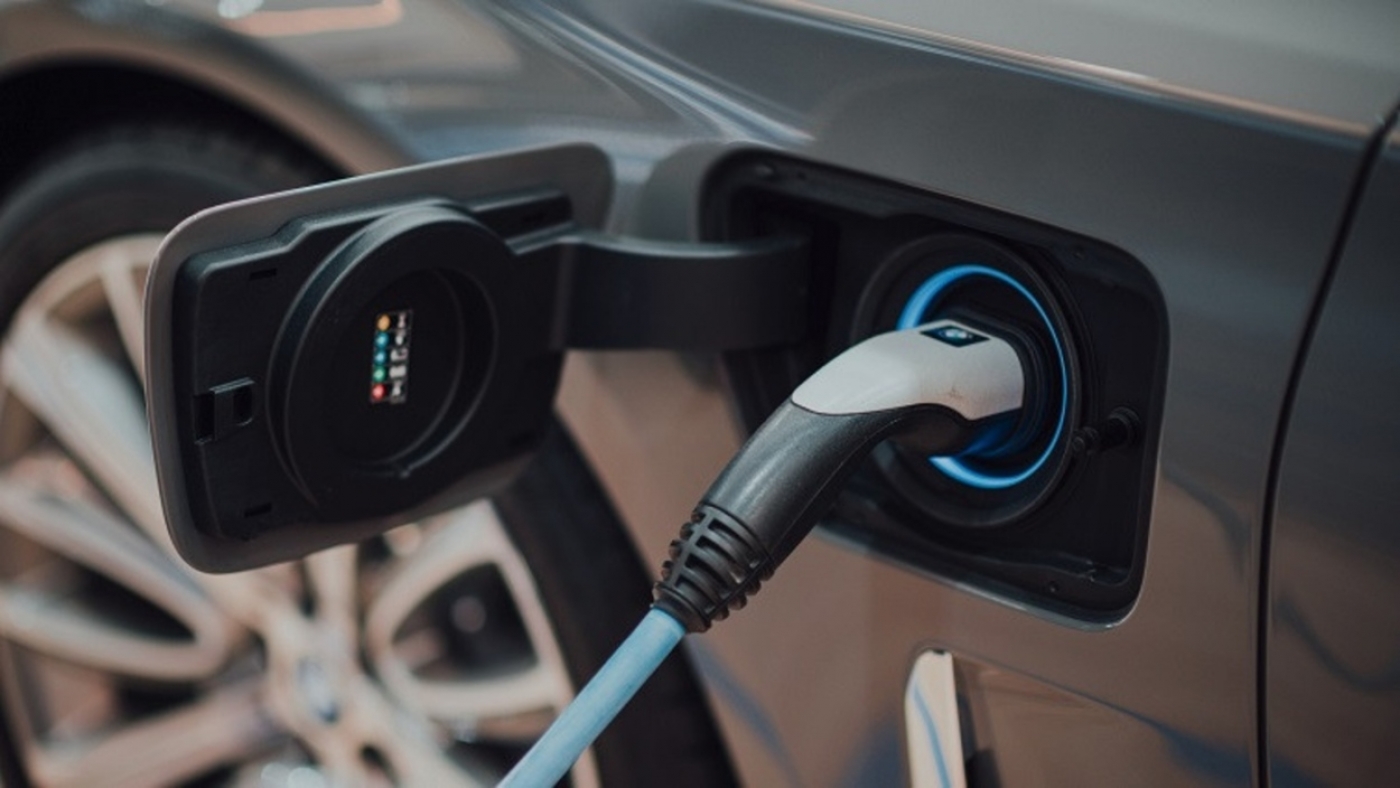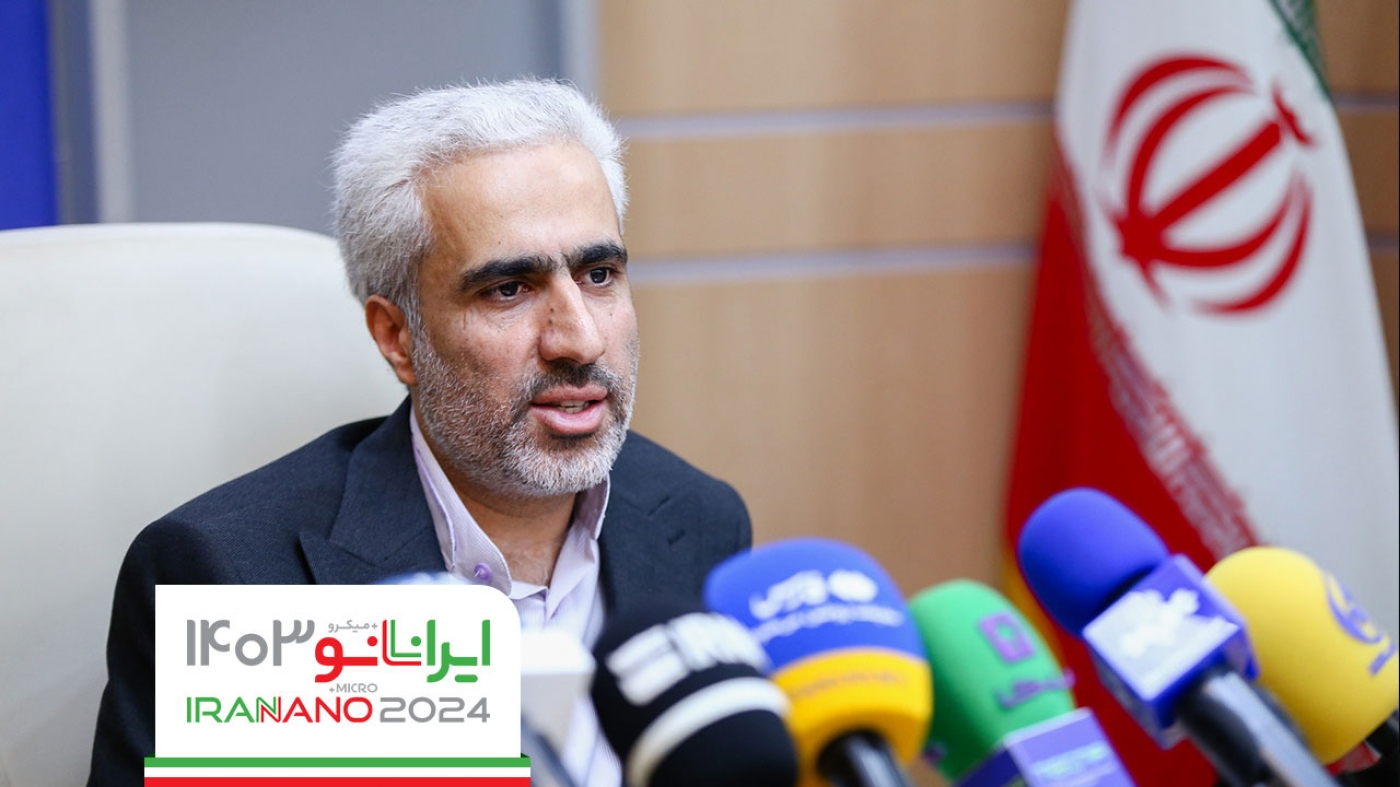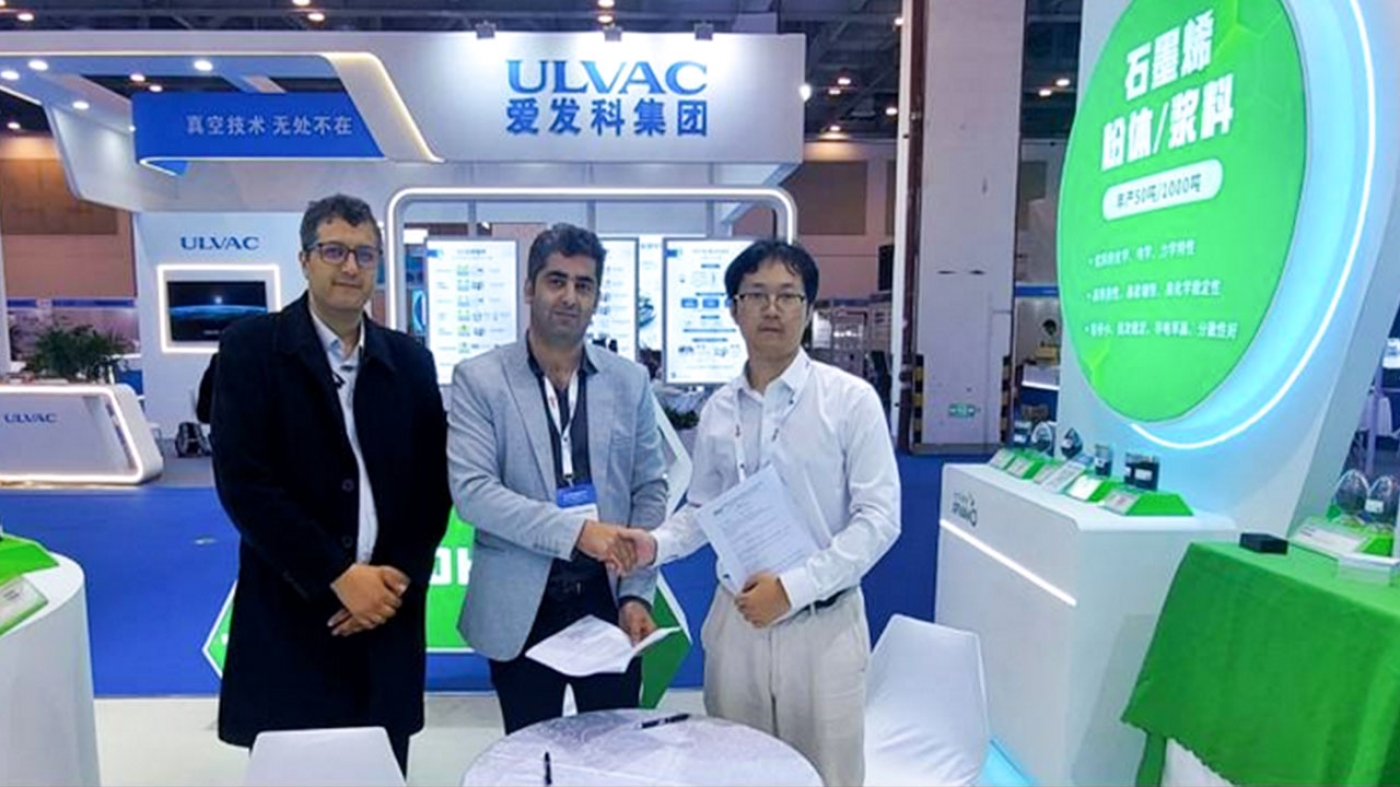
Building a carbon nanotube production facility in the United States is expected to result in significant cost savings in transportation and enhance the Company's profitability. Carbon nanotubes, characterized by their low density and difficulty of dispersion, are typically prepared as dispersed slurries by manufacturers, with a solid content of around 5% and a majority of the slurry consisting of solvents. During large-scale transportation, particularly across borders, transportation costs can become substantial. Therefore, establishing local production facilities reduces transportation distances and associated costs.
Carbon nanotube, a novel conductive additive, play a crucial role as one of the key auxiliary materials in lithium-ion batteries. When mixed with cathode and anode materials, carbon nanotubes improve the conductivity of the electrode sheets. These additives facilitate the formation of a reliable conductive network, filling the gaps between active materials in the electrode. Overall, conductive additives account for approximately 5% of the total cost of lithium-ion batteries.
Compared to traditional conductive additives, such as carbon black, carbon nanotubes represent a new generation of materials that form a more comprehensive network of linear contacts between active materials. This characteristic significantly enhances conductivity and reduces the required additive amount. Typically, carbon black additives constitute around 3% of the cathode material, while the addition of carbon nanotubes can be reduced to 0.5%-1.0%.
Sunrise New Energy believes that establishing a carbon nanotube plant in the United States will further strengthen its position as a leading EV battery material manufacturer. Details of the construction plan will be disclosed following approval by the board of directors.
Furthermore, the Company anticipates releasing its financial report for the first half of 2023 in December, within the prescribed legal and regulatory deadlines.
Read the original article on Globe Newswire.




